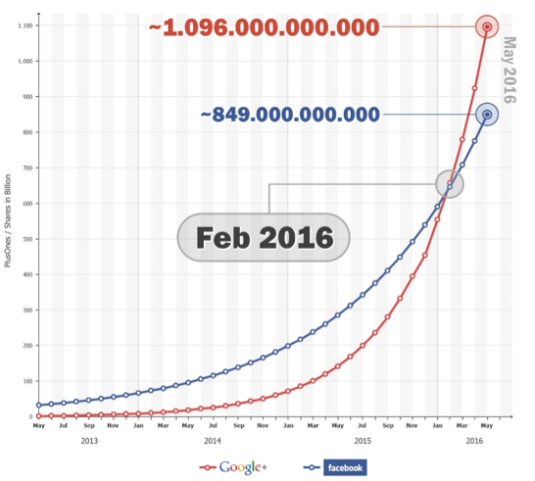A couple of weeks back, there was a party that Charlie and Jon decided to head to. Neither of them knew anyone that was going, except for the host of course.
As they arrived they got into the swing of things. Charlie, who was loud and gregarious, jumped right in – he started doing the rounds, interrupting people’s conversations to introduce himself, talking about his job, his girlfriend, where he lives and so on.
Jon however was a little less sure of himself. Being the shy type he was not so keen on interrupting people mid-party to talk about himself. He wanted to make a good impression, but he decided that maybe listening and understanding these people – background, personalities, preferences – was perhaps the more intelligent approach.
The night was going great, the two friends were enjoying themselves, the music was good and the drink was flowing. Jon had lots of people around him, engaging in good conversation, laughing at his jokes and buying him drinks. They wanted to spend the evening with him because they felt he understood them. He was connecting so well with other guests.
Charlie however was not having such a great time. He was speaking to lots of people, sure. But nobody was really listening. He found that after 5 minutes people would wander off and he’d be left looking for the next group of guests he could start talking to.
Jon left with a whole load of new friends and even a girl’s number…the lucky rascal.
Charlie on the other hand didn’t – and he couldn’t figure out why.
We see a lot of approaches to social from a broad range of employers who ask us to plan their strategy and begin conversations. The key trend we always seem to spot is that they all want to jump right into the party, much like Charlie. They want to use social media as a megaphone to shout about their message. When what they should be doing is taking a leaf out of Jon’s book and using it instead as a set of speakers to listen to what people are saying.
Social listening is quite literally that. Listening to what’s being said about your brand online within social communities – blogs, forums, corporate pages and social channels. It can help you understand where you’ve been mentioned, and in what context. You can then begin to compare that to those you compete for talent with which is incredibly useful for benchmarking your strengths and weaknesses.
Knowledge is power as they say and understanding the good, the bad and the ugly will put you in a great position to build out a plan of action – whether that plan focuses on being disruptive, challenging misconceptions or outright education – you need to truly listen before you speak.
Here are a few free tools to help ensure you don’t make a proper Charlie out of yourself.
Hootsuite & Tweetdeck – widely used to plan outbound messages, but have some functionality to monitor and allow you to gather data and respond in real-time.
Twazzup – great for beginners looking for a Twitter monitoring tool
Social Mention – allows you to monitor and collect data across multiple platforms with basic analytics to help you measure positive and negative sentiment
Icerocket – specialises in blog searches but has the functionality to watch Facebook and Twitter too
Google alerts – a very basic way to discover when a websites is posting about you. Doesn’t cover social and is probably the least useful in a recruitment sense
We hope you’ve found this little introduction to buzz monitoring useful. If you’d like to talk to us about how we can help you really listen, then pop over to http://www.tonic-agency.com and get in touch.



